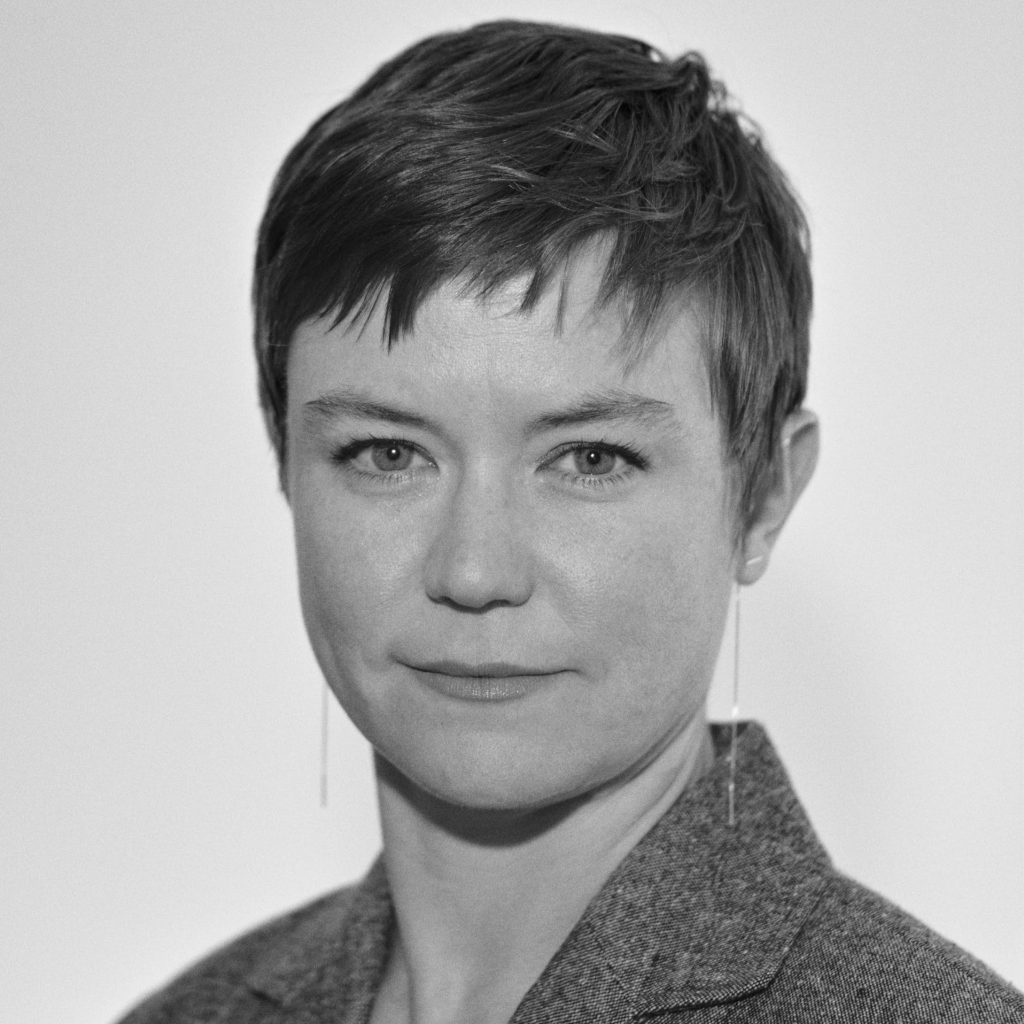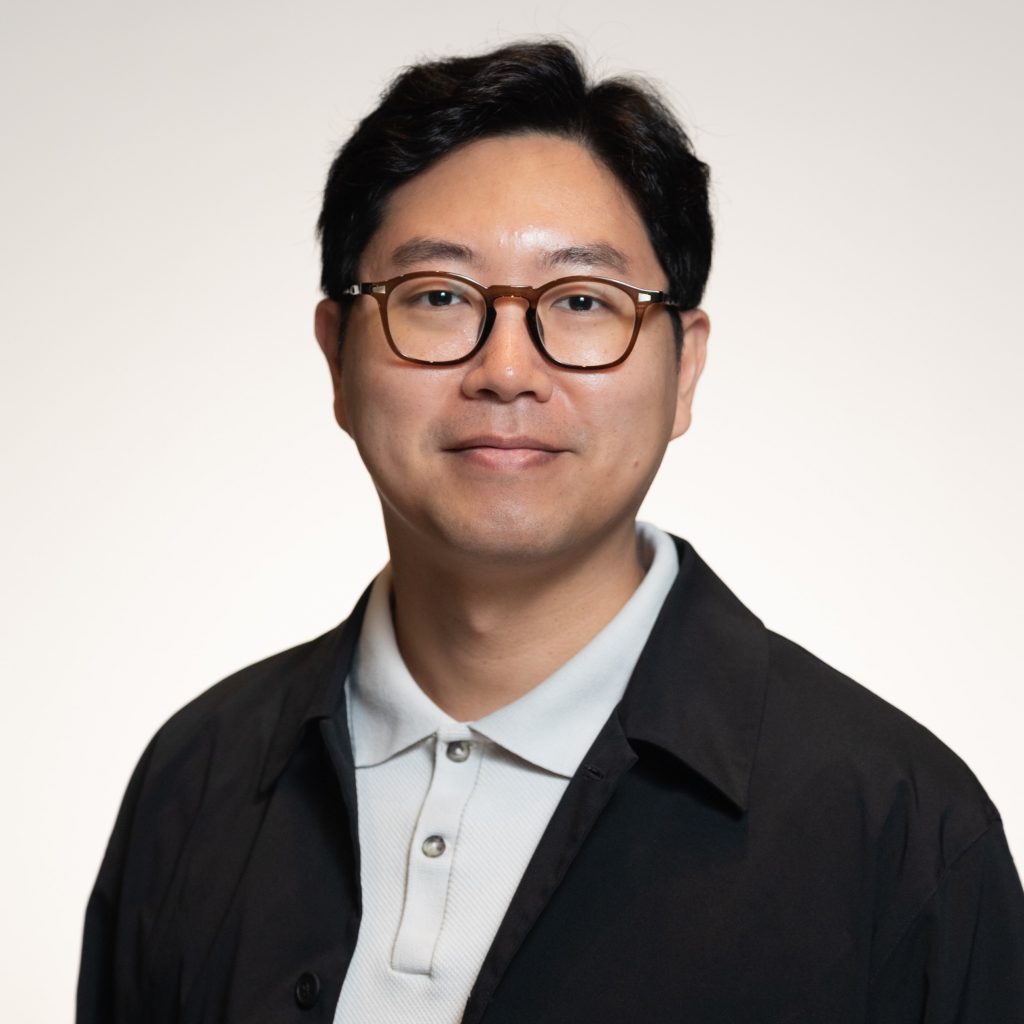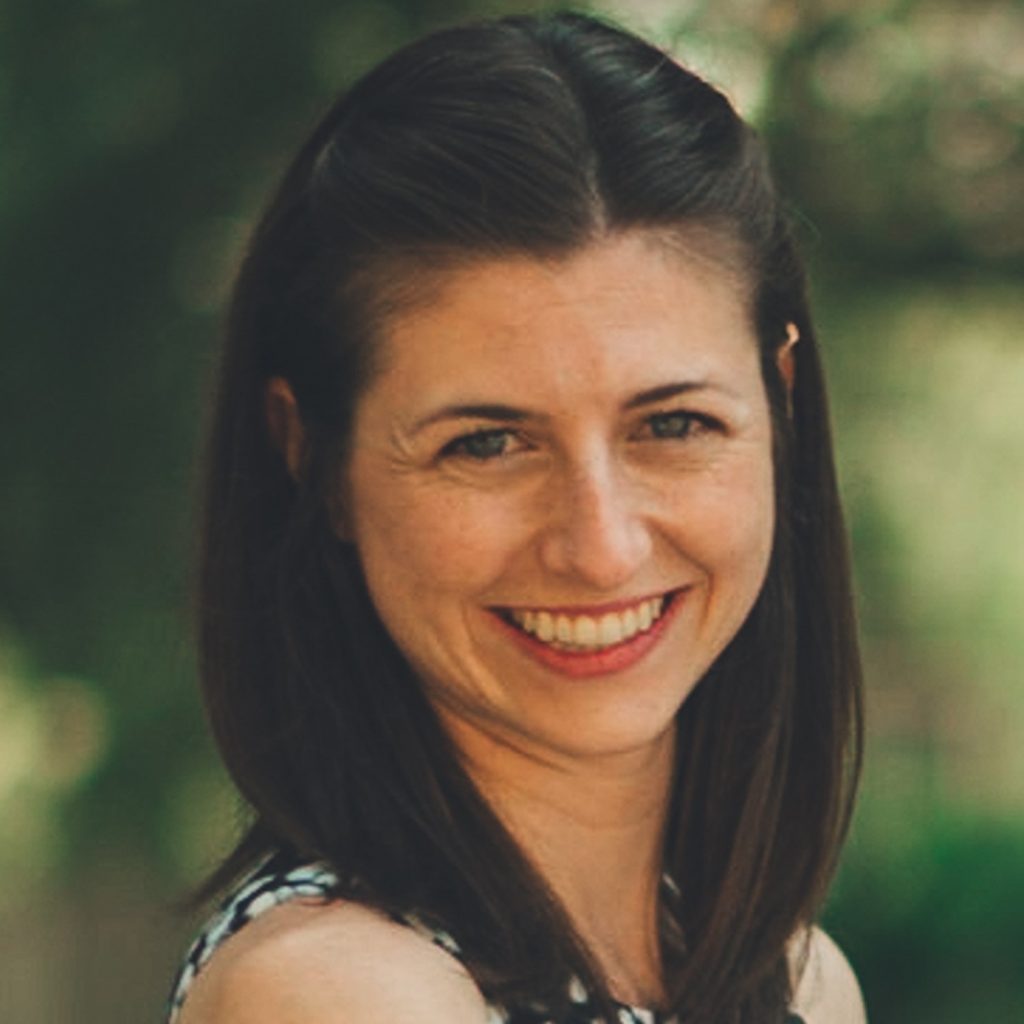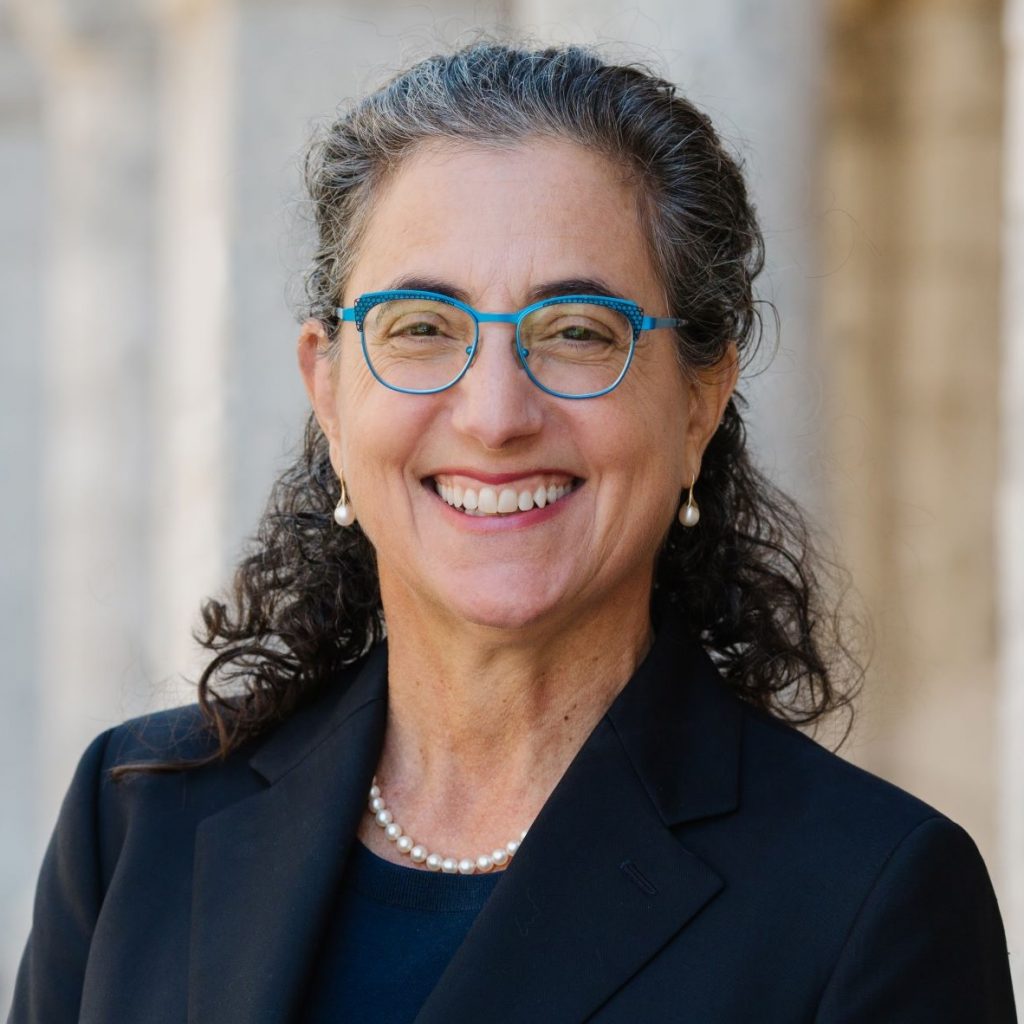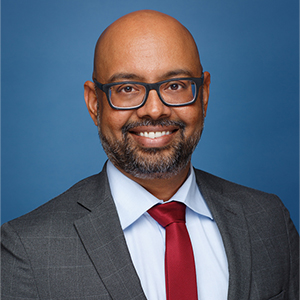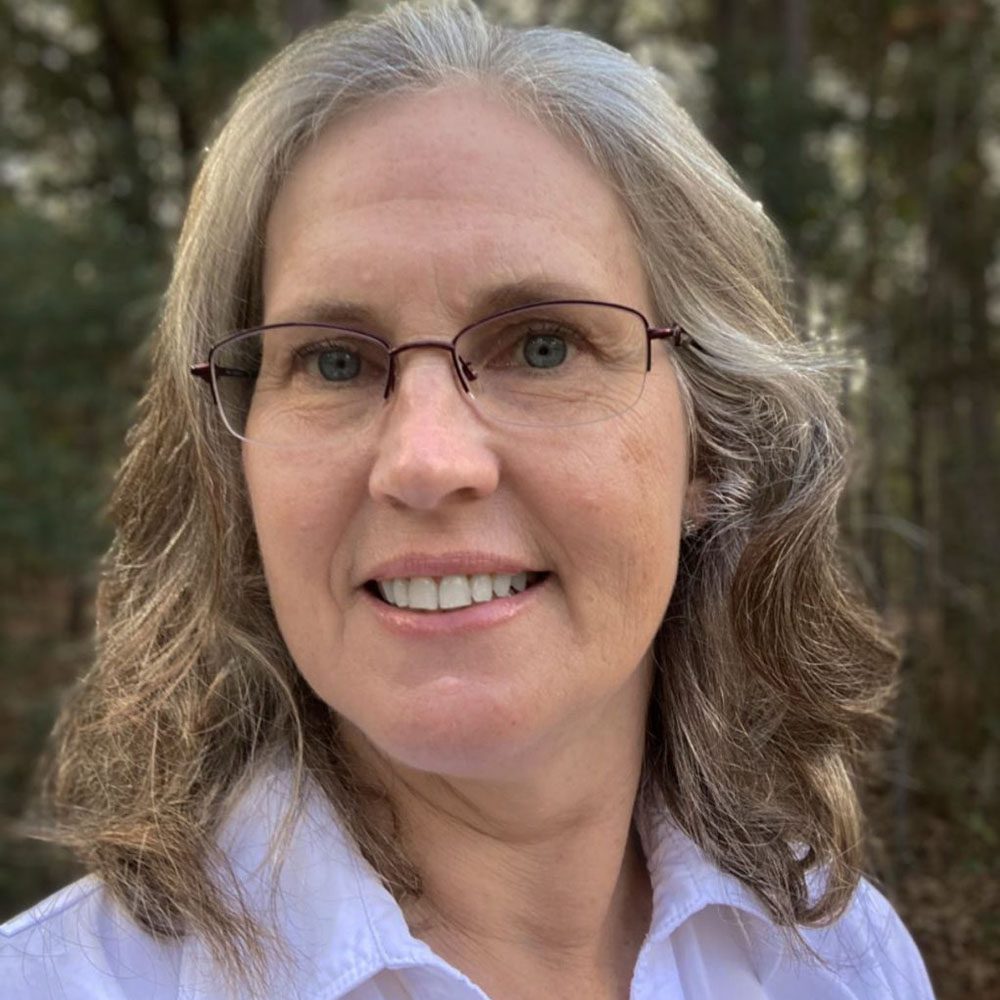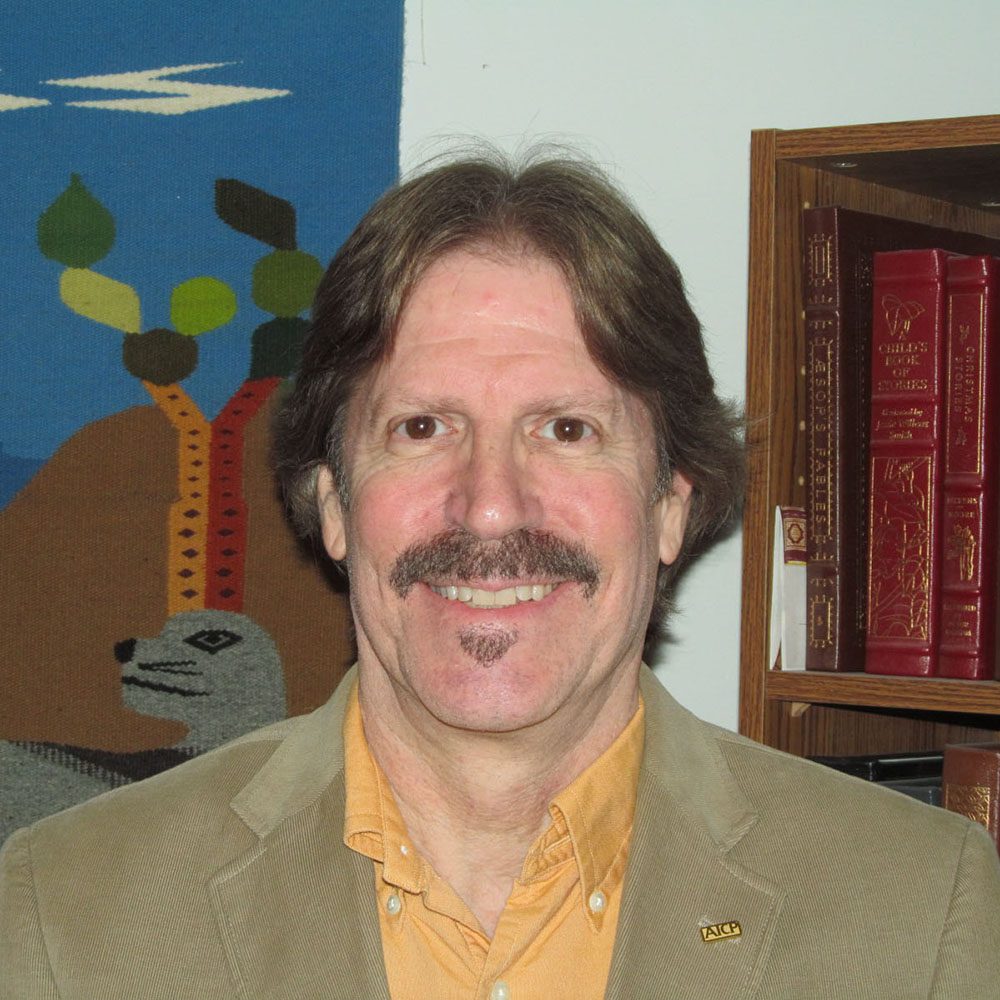Zhaoxi Zhang
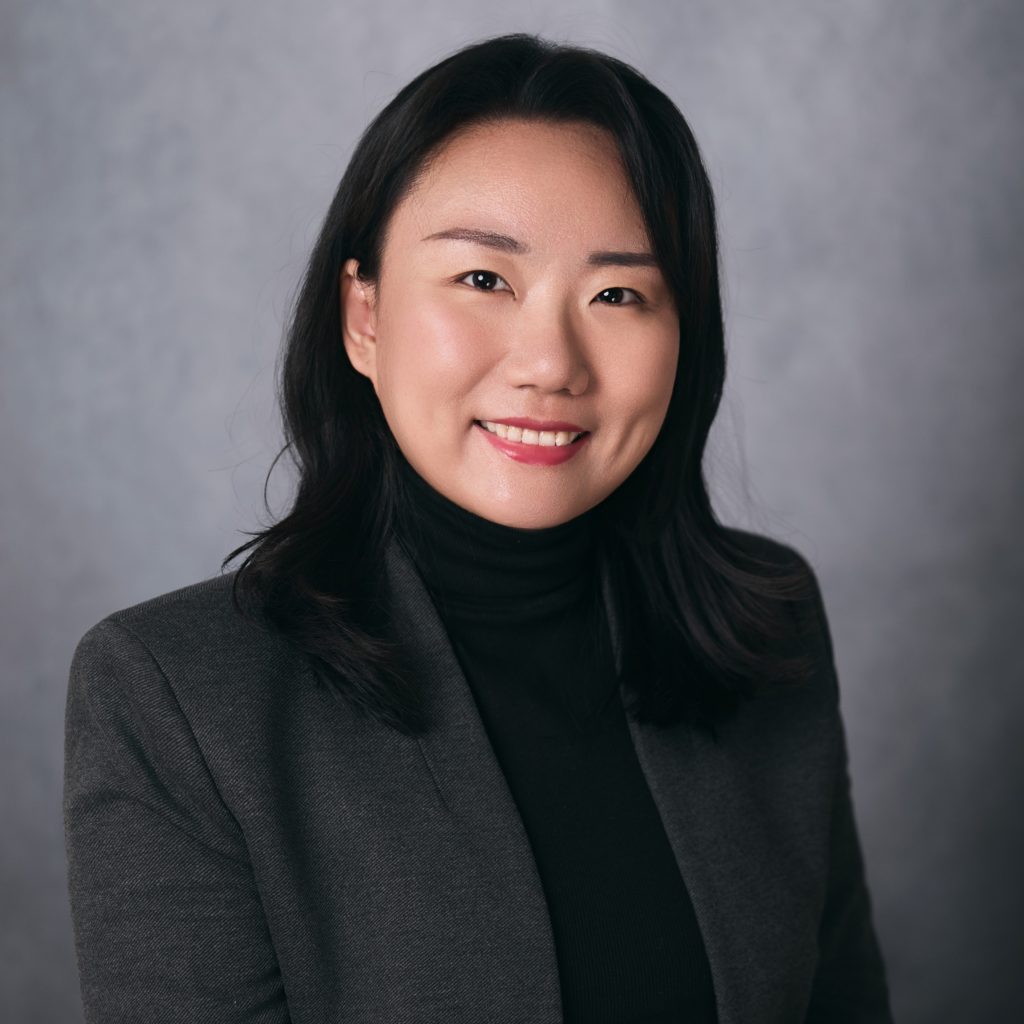
Zhaoxi Zhang
Ph.D., Environmental Science, Aarhus University, Denmark, 2022
M.A., Architecture (Urban Design), Tongji University, China, 2018
Areas of Focus
- Sensor-based measurement for urban health
- Human exposure to eye-level urban features (e.g., greenery)
- Urban agent for participatory intelligence
- 3D virtual simulation and human decision-making
- Urban robotics and street transition
- Technology-forward mixed-methods in public realm
Biography
Zhaoxi Zhang is an Assistant Professor in the Department of Urban and Regional Planning at the University of Florida’s College of Design, Construction and Planning. Her research focuses on the intersection of the built environment, human health and technology. This involves leveraging interdisciplinary knowledge and cutting-edge tools to build capacity for socio-technical transitions and dynamics. Her current research focuses on ‘human-computer-environment’ interaction in participatory design and planning. She works on developing new tools and methods to measure human-level evidence, gather public opinion, and study human decision-making processes for health-priority urban design and a smart future.
Over the past decade, Dr Zhang’s work has focused on the following areas: 1) human perceptions, behaviors, physical activities and environmental exposures in public spaces; 2) using sensor-based measurements to assess the health effects of urban features on humans; 3) urban AI agents for participatory planning and urban governance; 4) human decision-making in urban disasters and environmental challenges.
Prior to UF, Dr. Zhang was a faculty fellow at the Center for Urban Science + Progress (CUSP) at NYU Tandon from 2023 to 2025. Her previous research projects at NYU CUSP focus on innovations for human-environment interaction, such as sensor-supported monitoring of urban stress, AI chatbots for public participation, and VR-enhanced disaster preparedness. Her previous teaching courses included Urban Decision Models, Guided Studies, and Capstone Projects, as well as a PhD Colloquium.
Previously, she completed her PhD project ‘Urban Health Sensing’ in the Big Data Center for Environment and Health (BERTHA) at Aarhus University, Denmark in 2022 and joined the United Nations Internship Program at UN-Habitat, Nairobi office, working on global urban health strategies in 2023.
Currently, Dr. Zhang’s courses at UF include: 1) URP 6871 – Planning and Design I; 2) URP6280 – 3D Geospatial Urban Modelling & Visualization
Opportunities
Zhaoxi Zhang is leading the Urban Tech & Design (UTD) Laboratory at the University of Florida and is recruiting doctoral students. For more information, please visit https://www.urbanzzhaoxi.com/team.

